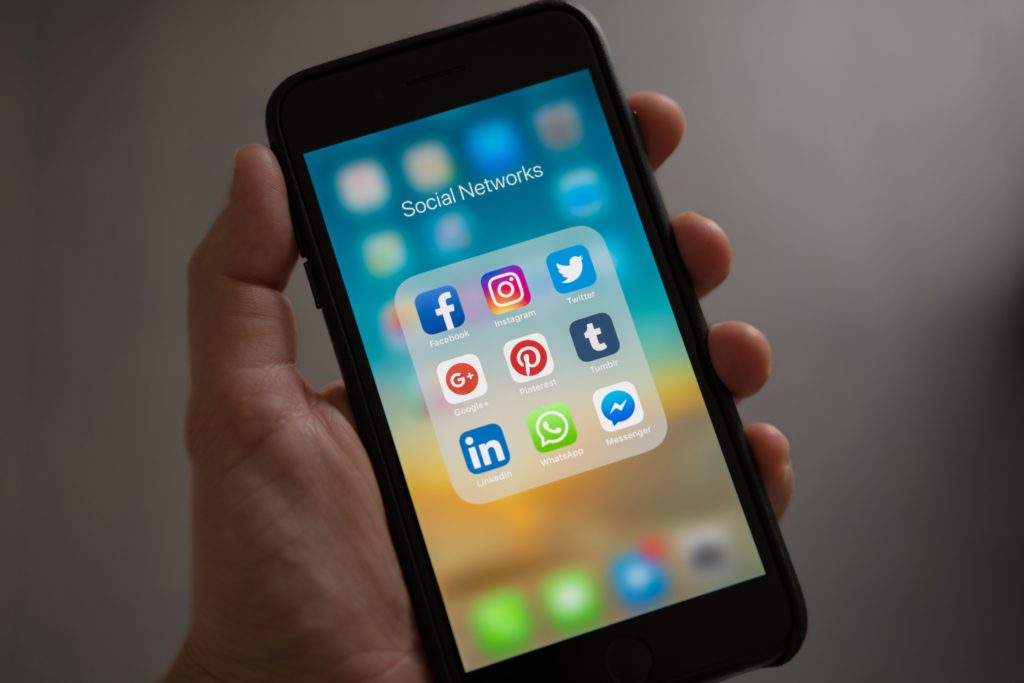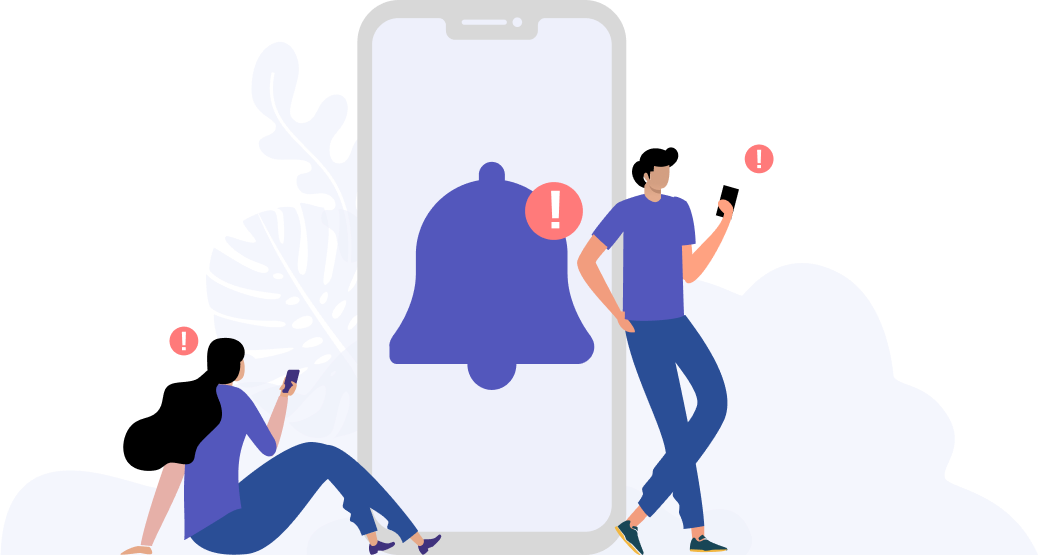Raise to Wake: Are Smartphones Disrupting Our Sleep?

You’re lying down in bed, about to turn in for the night, and you reach for your phone to scroll through social media… For an hour or two. Does this bedtime routine sound familiar?
If it is, you should be concerned – your smartphone might be preventing you from getting a good night’s sleep. Increased internet accessibility may be helping us keep up with the world and be more productive, but too much device use may be wreaking havoc on our sleep.
‘Light’-ening your Sleep Cycle.
The term “blue light” may ring a bell, with the availability of blue light filters on devices. While naturally present in sunlight, blue light is typically emitted from digital devices such as smartphones and computer screens, as well as in energy efficient lighting. The light emitted from your phone is not only glaring but also detrimental to your sleep cycle.
Blue light exposure, particularly at night, suppresses a hormone called melatonin. Not to be confused with the skin pigment melanin, melatonin has a hand in influencing your circadian rhythm, or your biological clock. Reduced levels of melatonin could disrupt your sleep cycle, which may result in increased difficulty in falling and staying asleep, and waking up more frequently during the night.
Wake Me Up: Hitting the Snooze Button on Phones.
Going to the toilet, feeling hunger pangs or hearing your alarm sound in the unearthly hours of the morning are all common reasons to wake up from your sleep. In recent years, responding to notifications received on your smartphone is becoming an increasingly common factor in rousing people from their sleep.
Our desire to be constantly connected may ironically be contributing to a decline in our mental and physical welfare. In a 2013 study, 47% of college students were reported to wake up to reply text messages, while 40% did so to answer phone calls. This can result in students losing out on an average of 46 minutes of extra sleep per week, time which otherwise could have led to better productivity, and positive mental well-being.
I’m So Tired: Poor Sleep Quality.
And it’s not only the amount of sleep you’re getting that suffers – the quality of your sleep may be impacted as well.
The trends are startling. Longer screen time has been found to be associated with decreased sleep efficiency; the amount of time you’re actually asleep out of the total time you spend on your bed. Phone usage in the bedroom itself has been linked to increased sleep latency (the amount of time you take to fall asleep after turning off the lights) and increased fatigue.
The effects of poor sleep quality go beyond tiredness. Long-term health issues that are associated with bad sleep include hypertension, increased cholesterol, and increased risk of cancer.
Good night, Sleep Tight: Switching Off.
Sleep is such an essential part of our lives – rest and rejuvenation are important for us to live to our best. It’s time we start taking the notion of lights-off seriously, by switching off both the lights and our devices to take a rest for the day.
Blue light filters, and restricting device usage before bedtime through using a parental control app are good ways to start inculcating good habits in your children from a young age, for a lifetime.
Your games and social media can wait. A good night’s sleep can’t. Switch off your phones to power up for the next day with a restful sleep!
Tools Designed for Healthier Eyes
Explore our specifically designed products and services backed by eye health professionals to help keep your children safe online and their eyes healthy.





